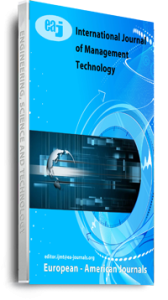This article examines the integration of blockchain technology with enterprise resource planning (ERP) systems to enhance supply chain transparency and data integrity. Blockchain technology creates immutable, decentralized digital ledgers that fundamentally transform how organizations track transactions, verify product authenticity and maintain regulatory compliance. The implementation architecture features multi-layered components, including consensus mechanisms, smart contracts, middleware integration, and application interfaces that connect seamlessly with existing ERP environments. Through end-to-end traceability, cryptographic verification, and fraud prevention mechanisms, blockchain addresses critical vulnerabilities in traditional supply chains across pharmaceuticals, food production, automotive, and luxury goods sectors. Smart contracts further automate complex business processes, particularly in procurement cycles, by converting traditional agreements into self-executing code. Despite significant benefits, organizations face integration complexities, scalability constraints, and change management challenges that must be addressed for successful adoption. Future developments include cross-chain interoperability, zero-knowledge proofs, artificial intelligence integration, and asset tokenization that will further enhance enterprise blockchain capabilities
Keywords: Digital Provenance, Enterprise Blockchain Integration, Fraud Prevention, Supply Chain Transparency, smart contracts

